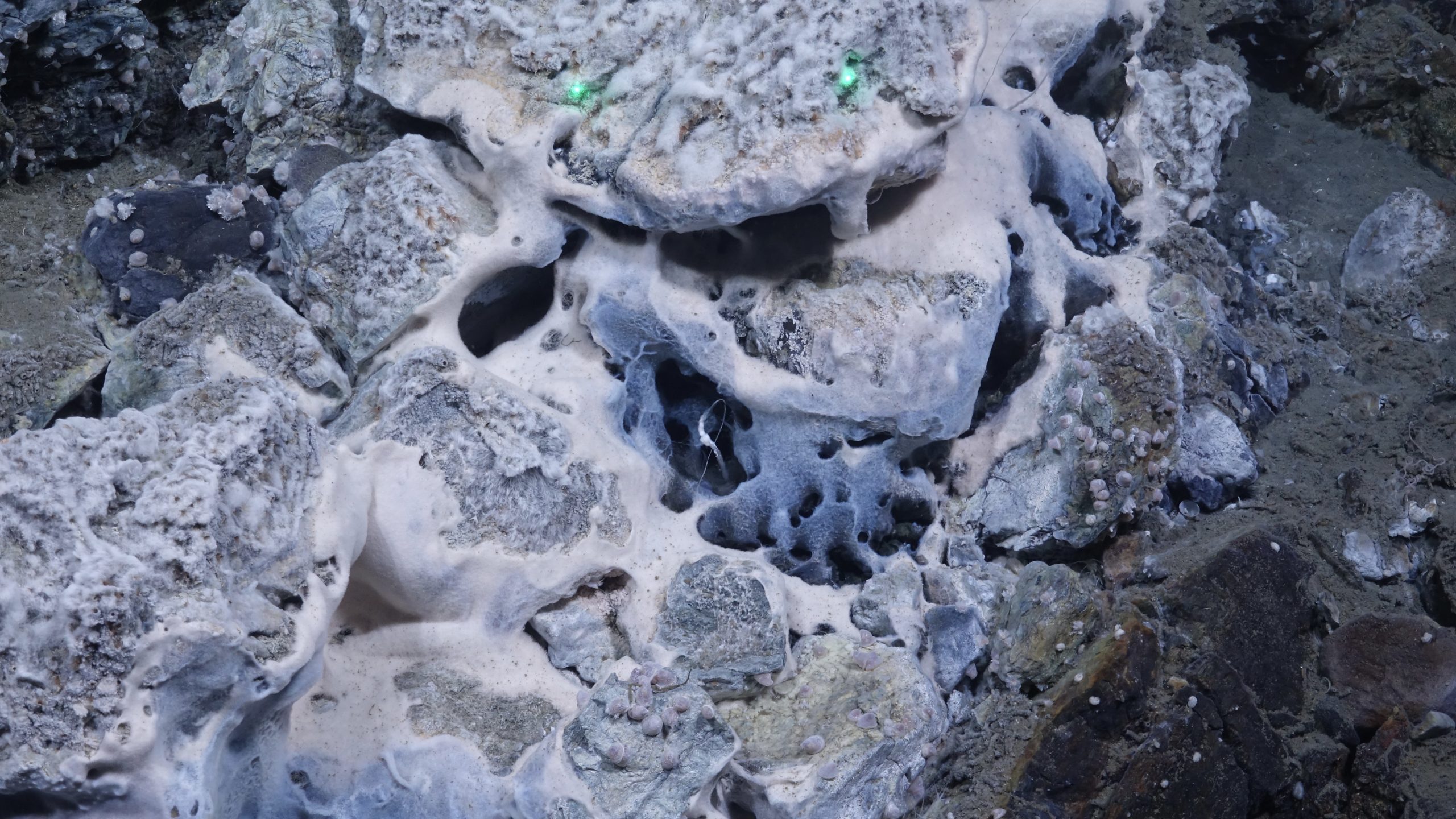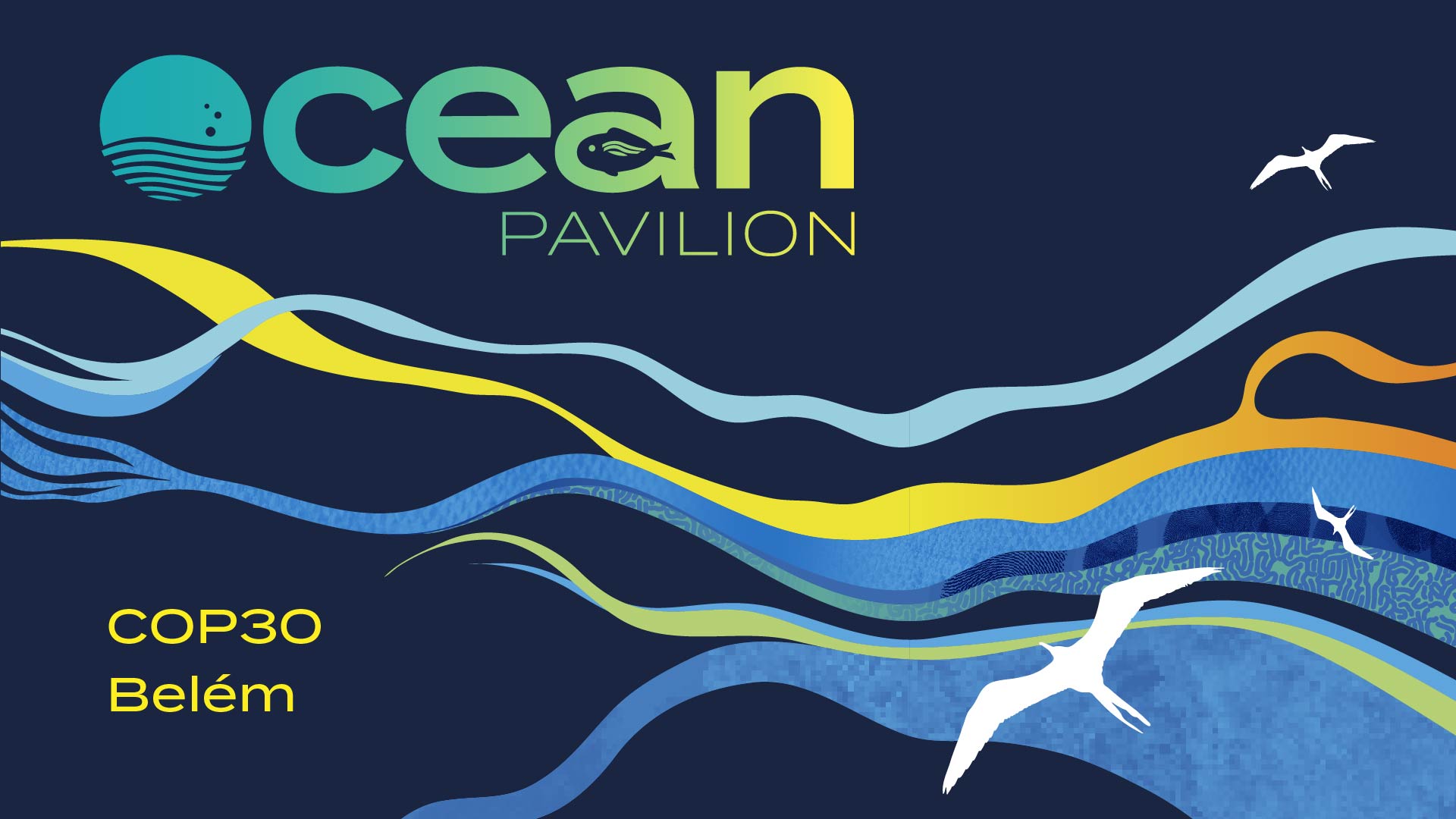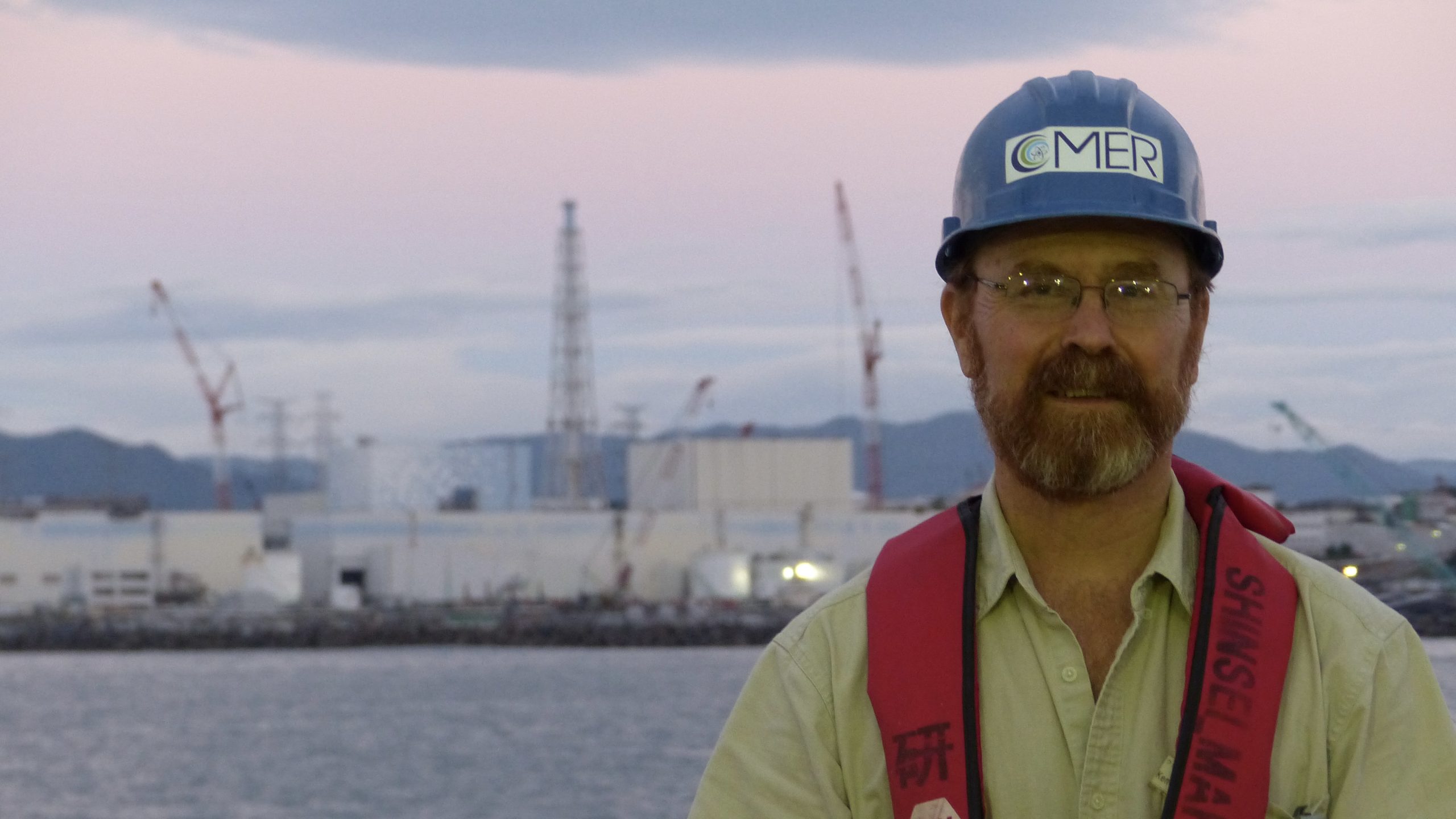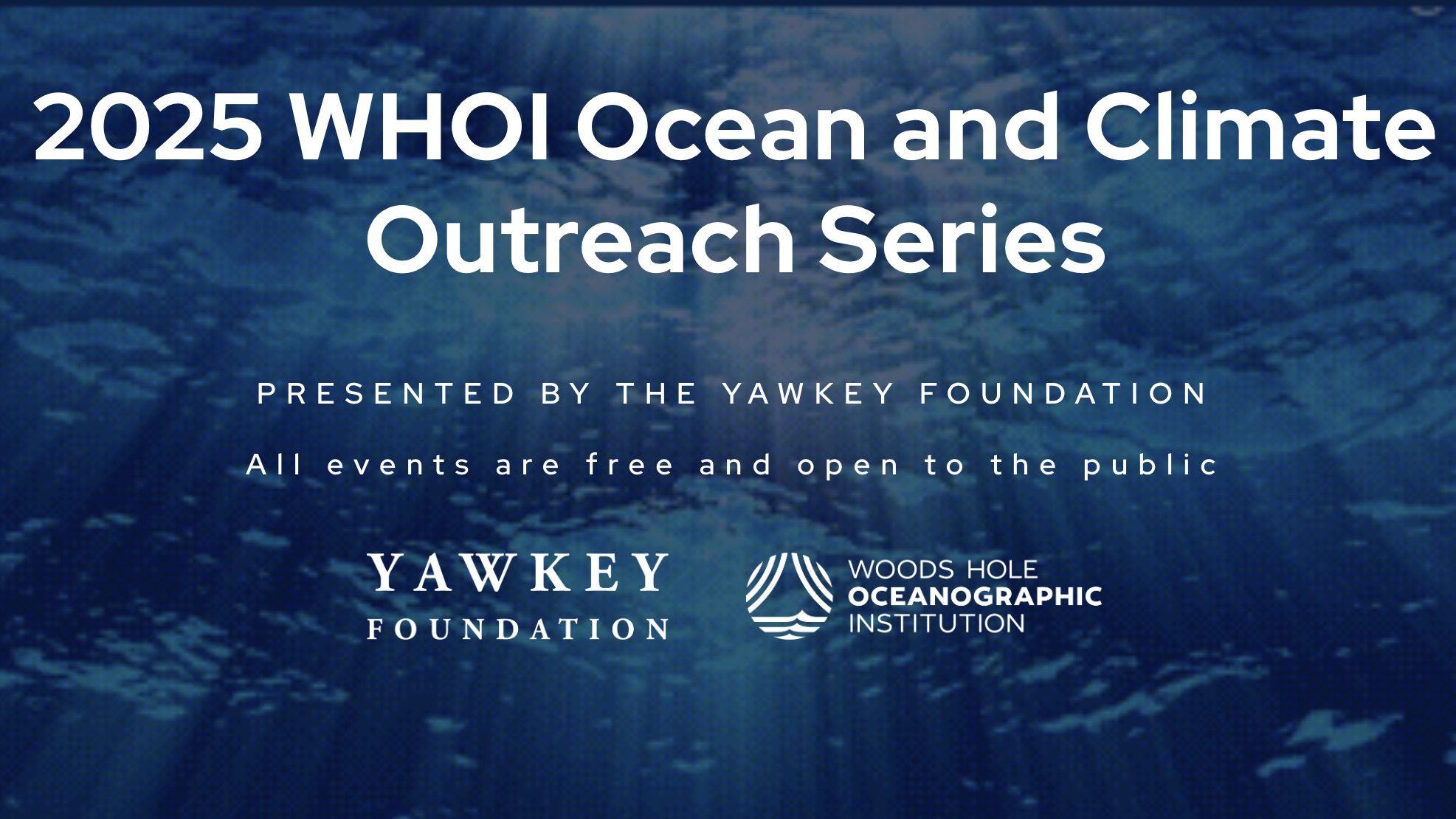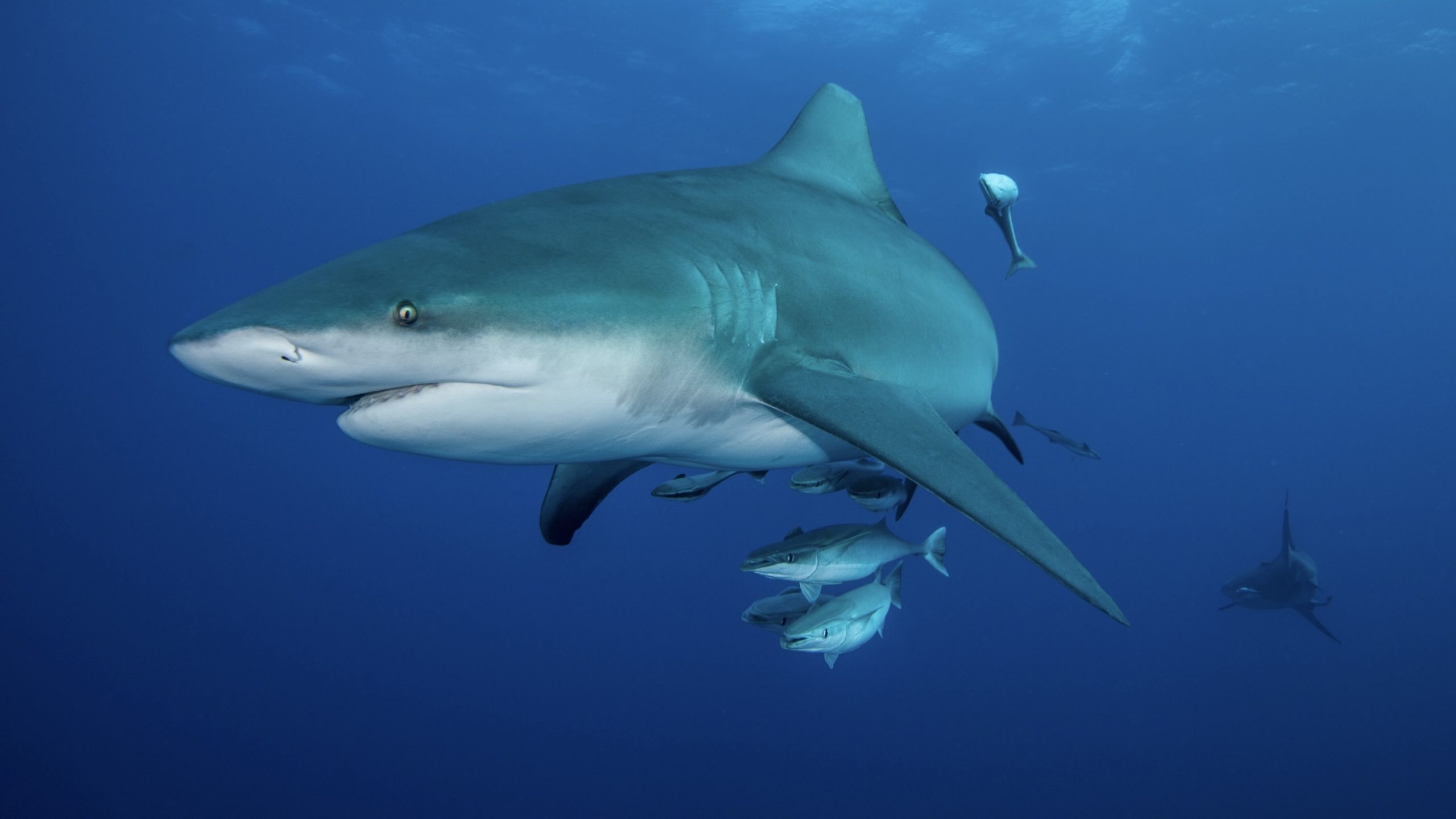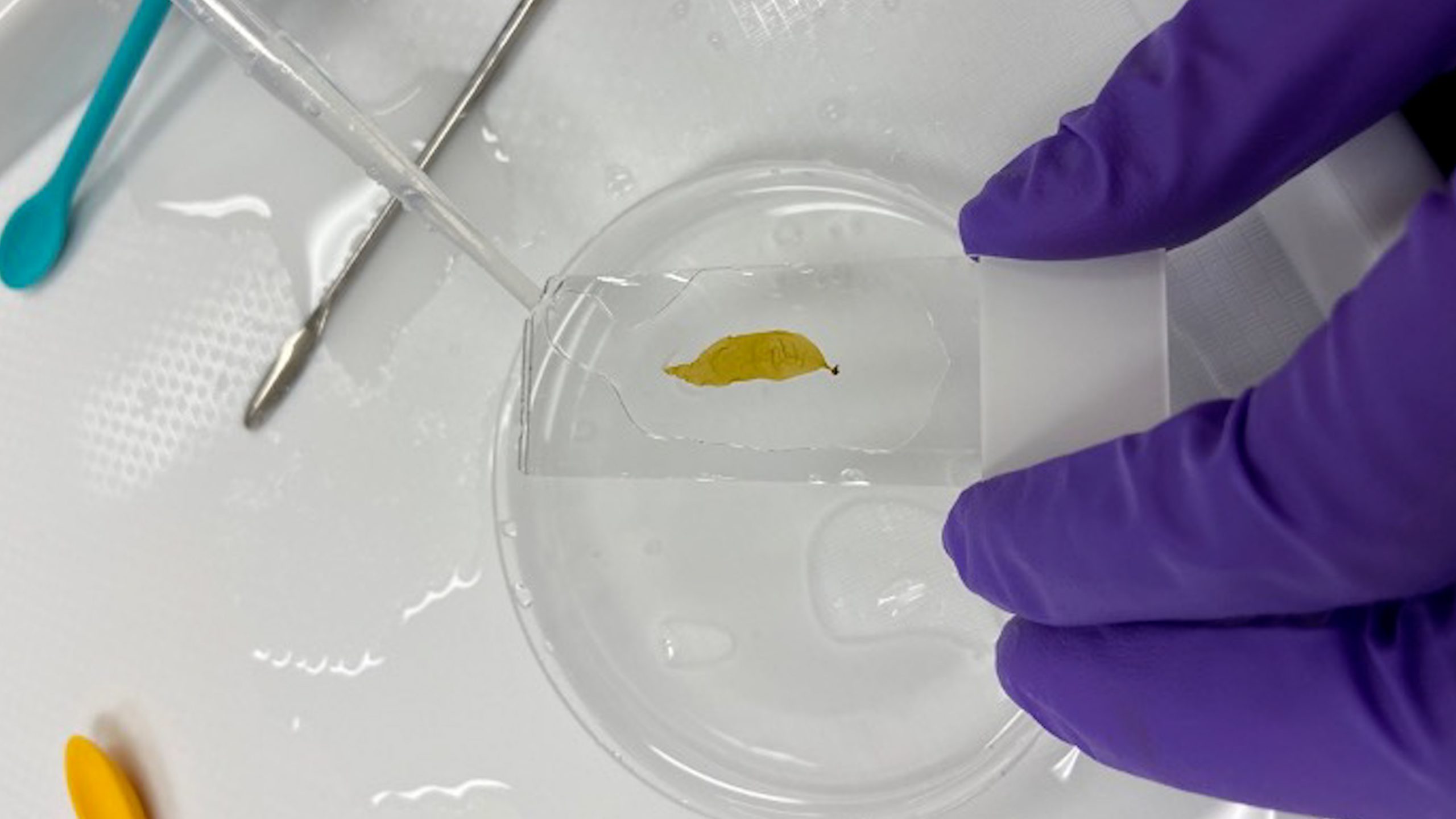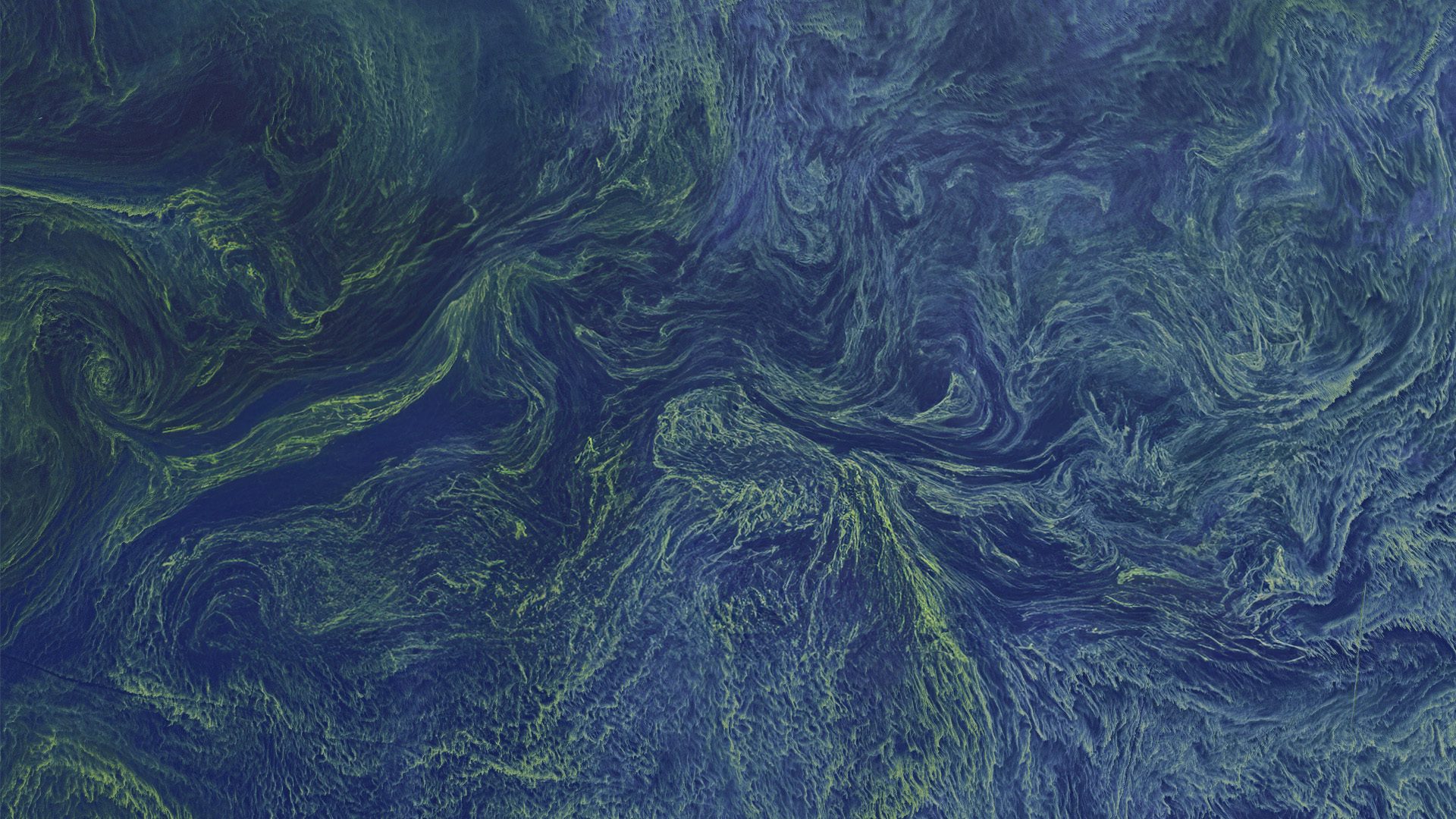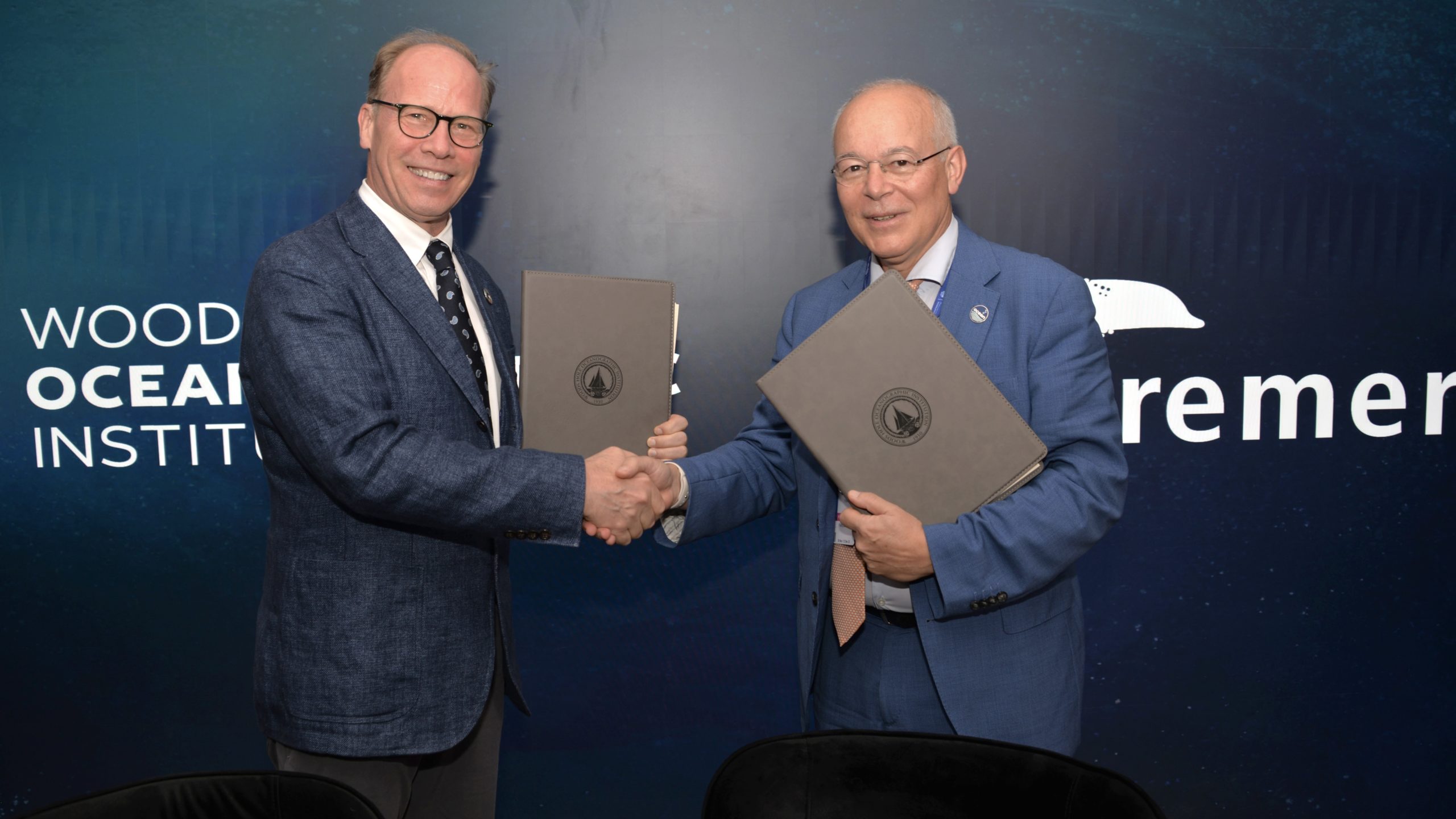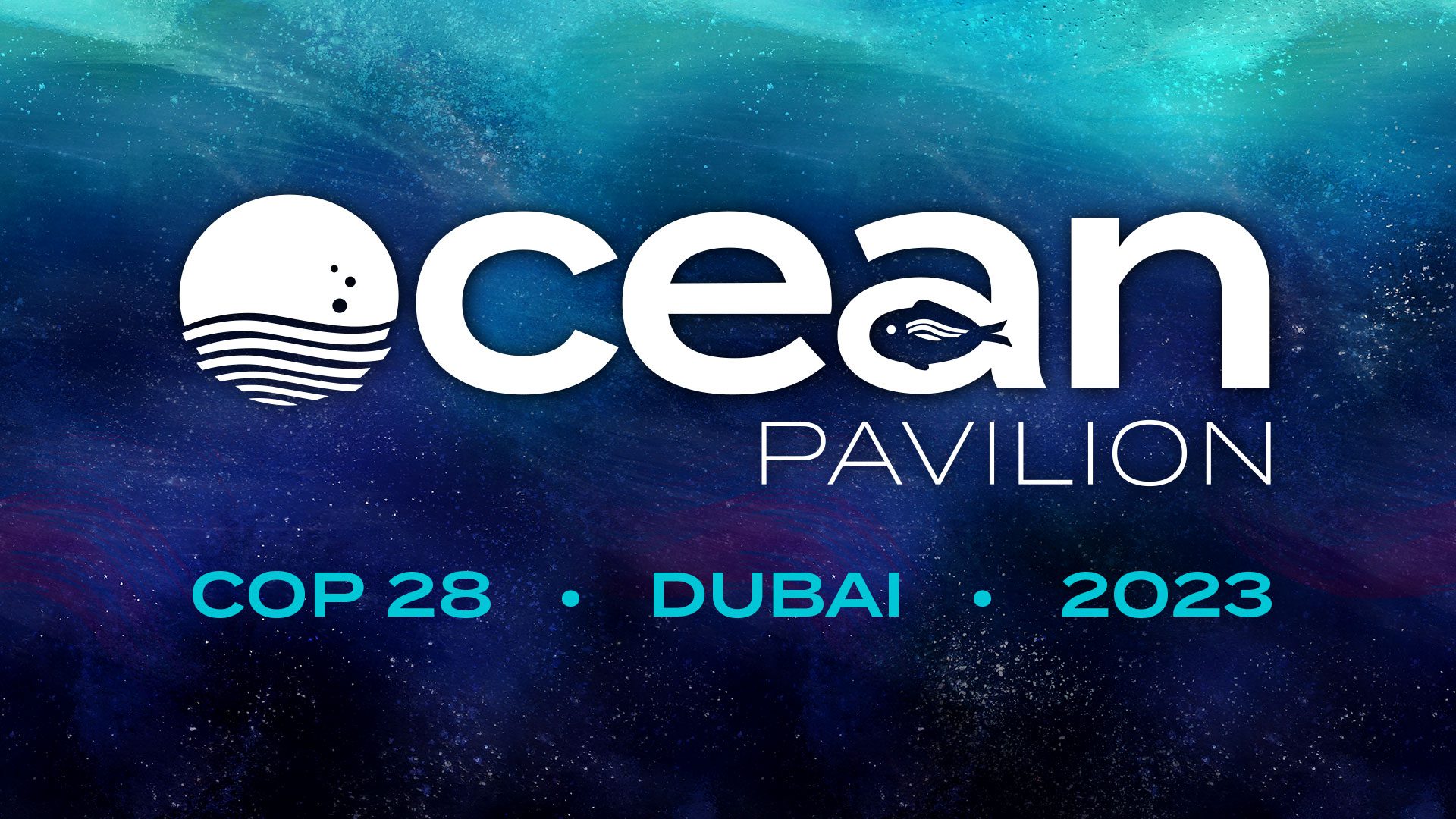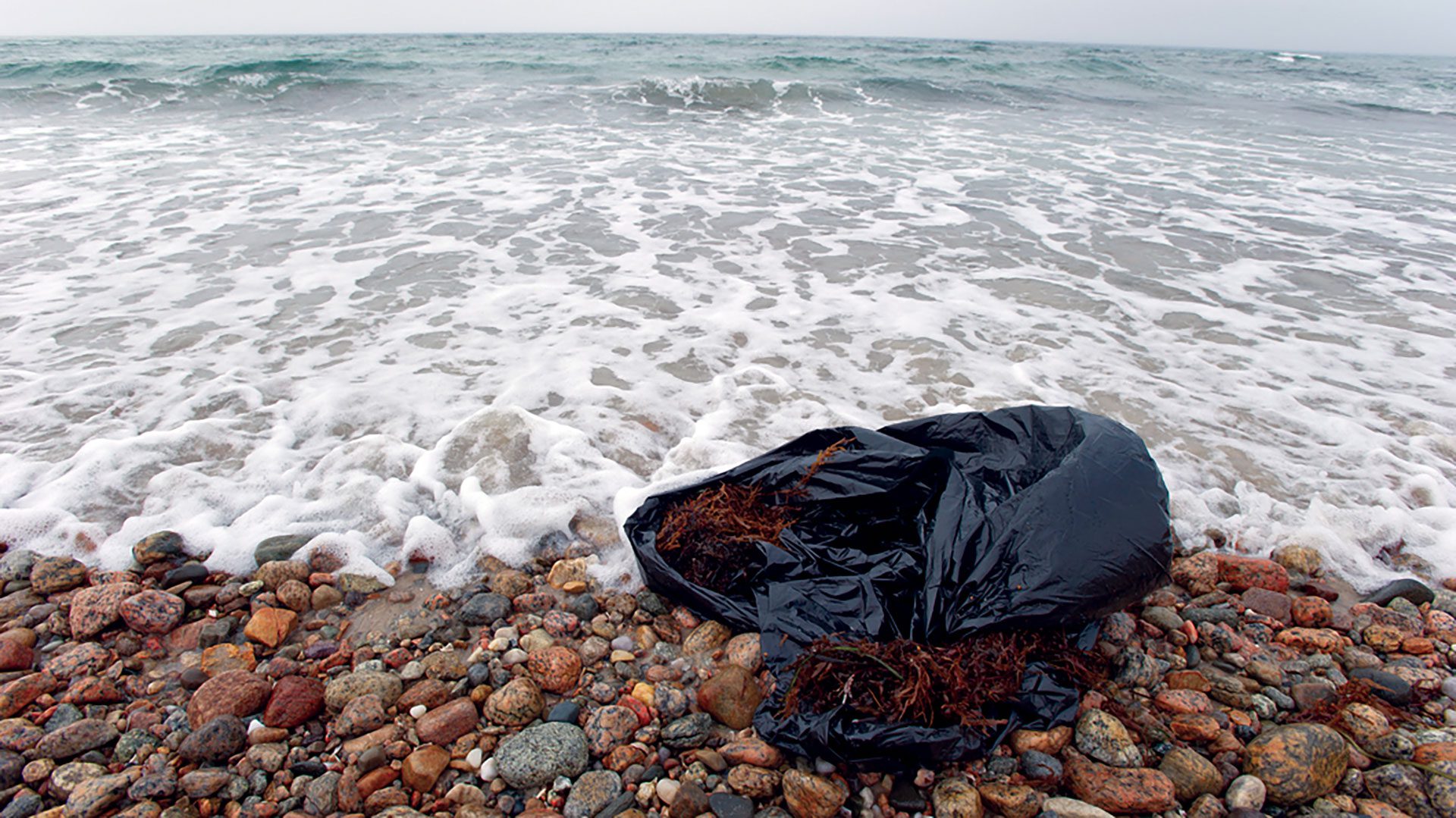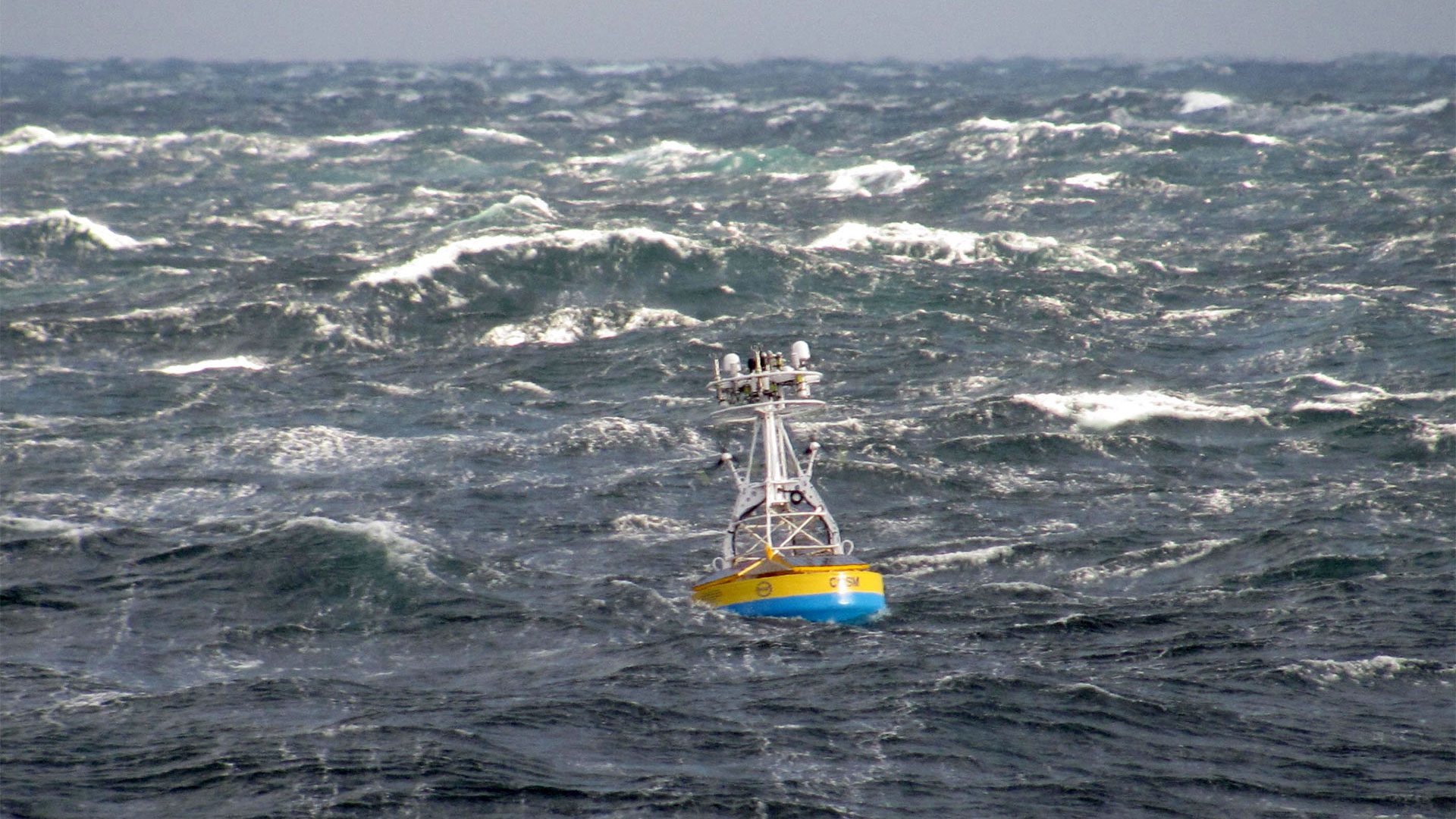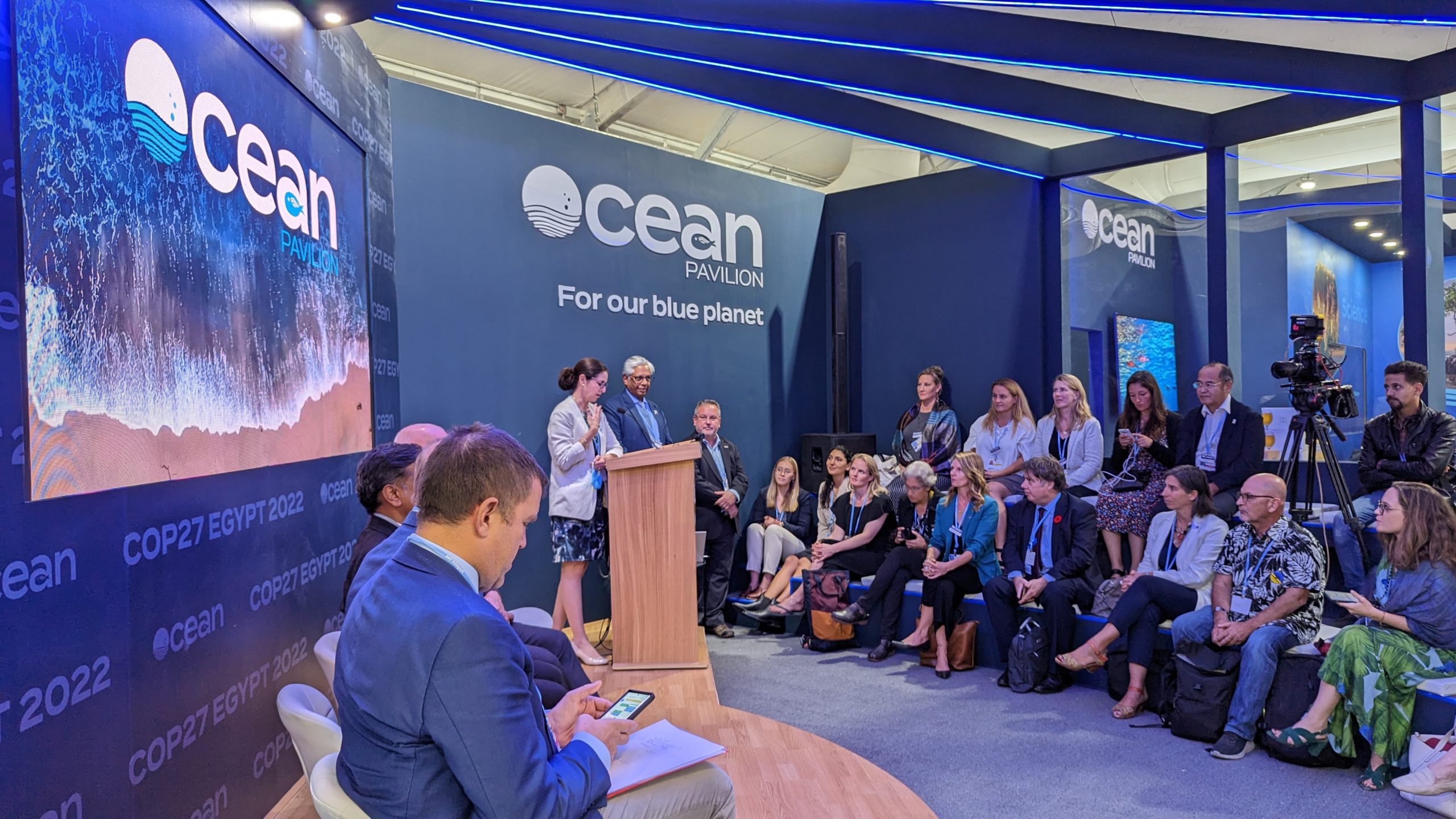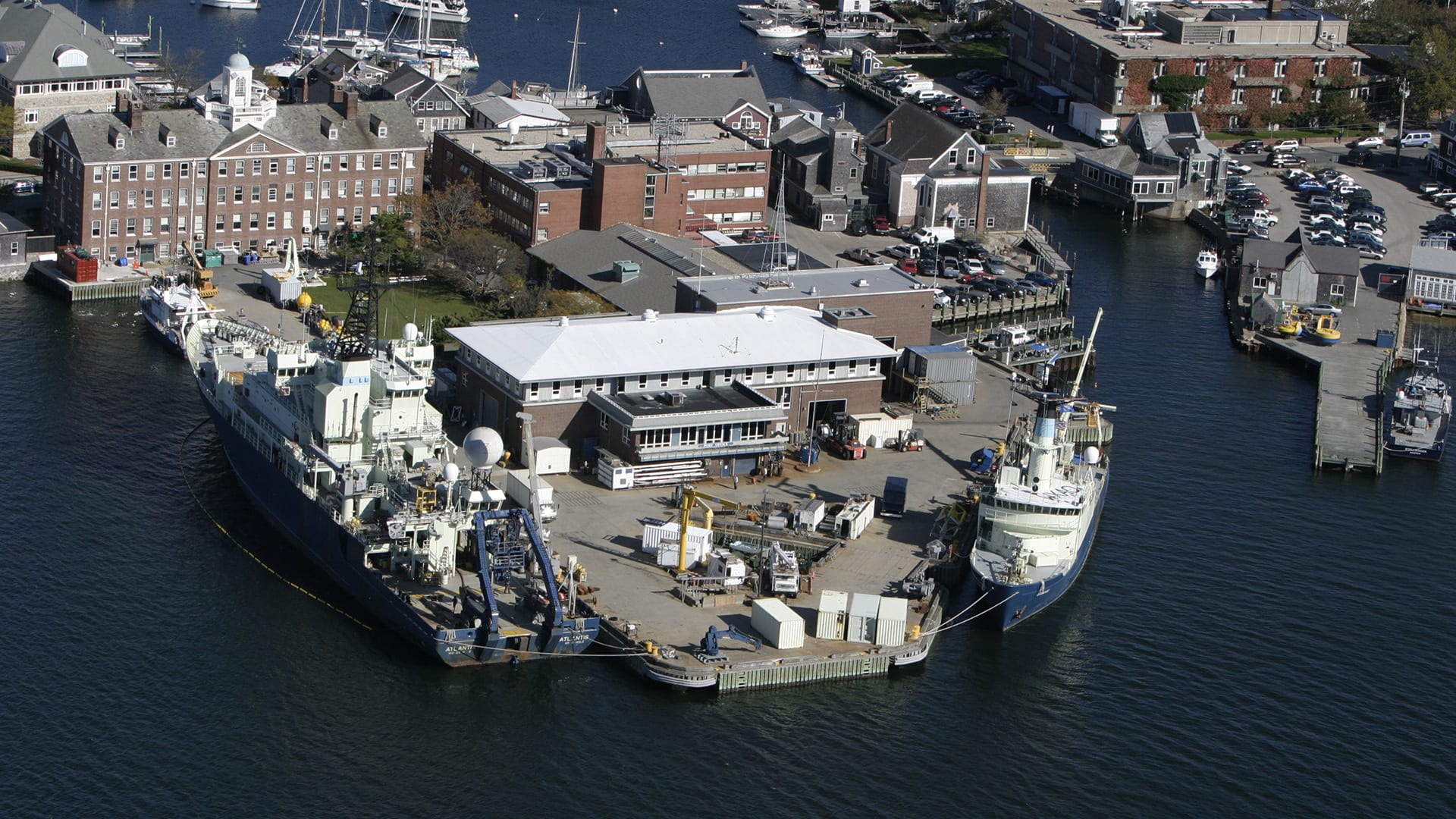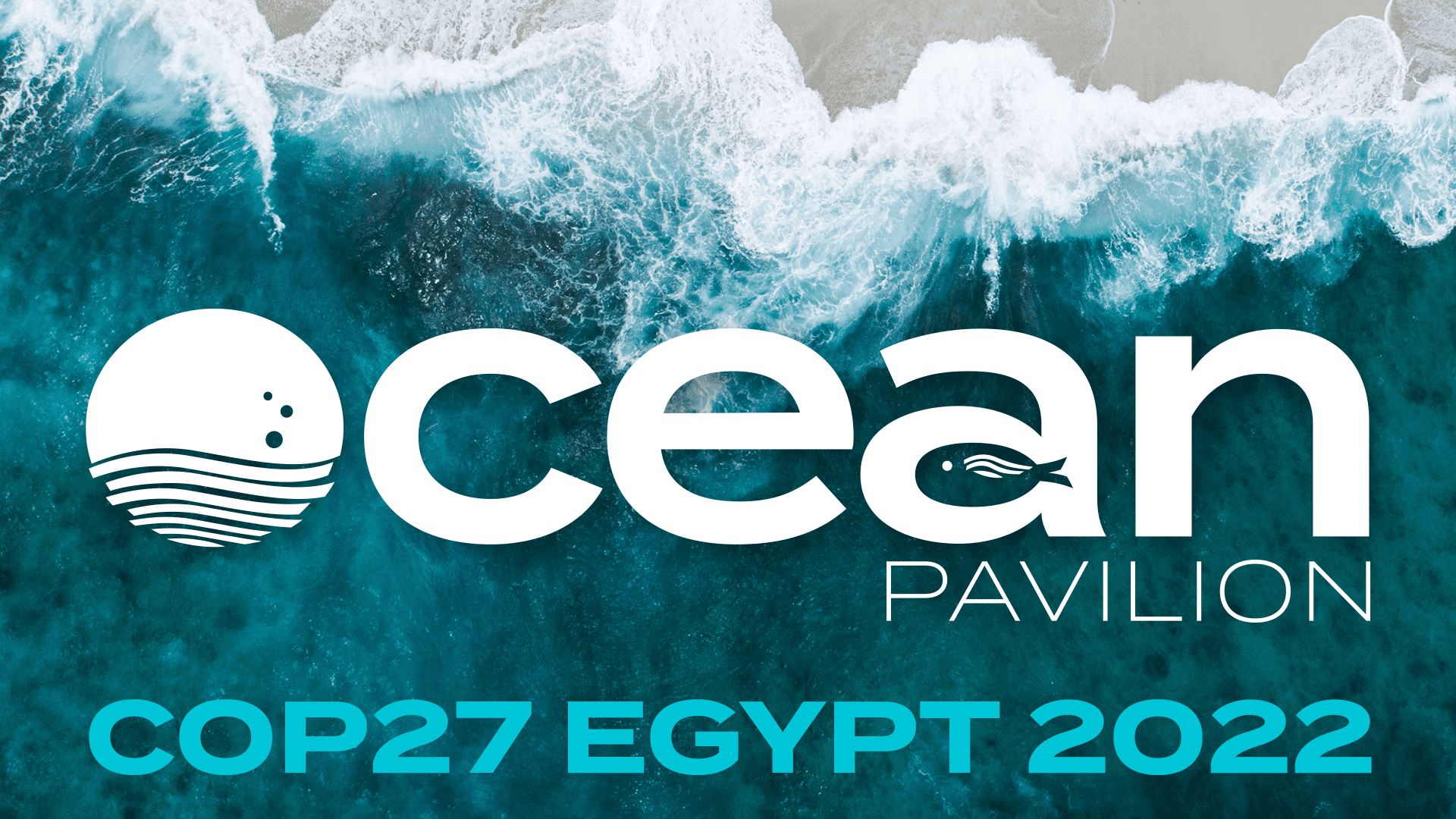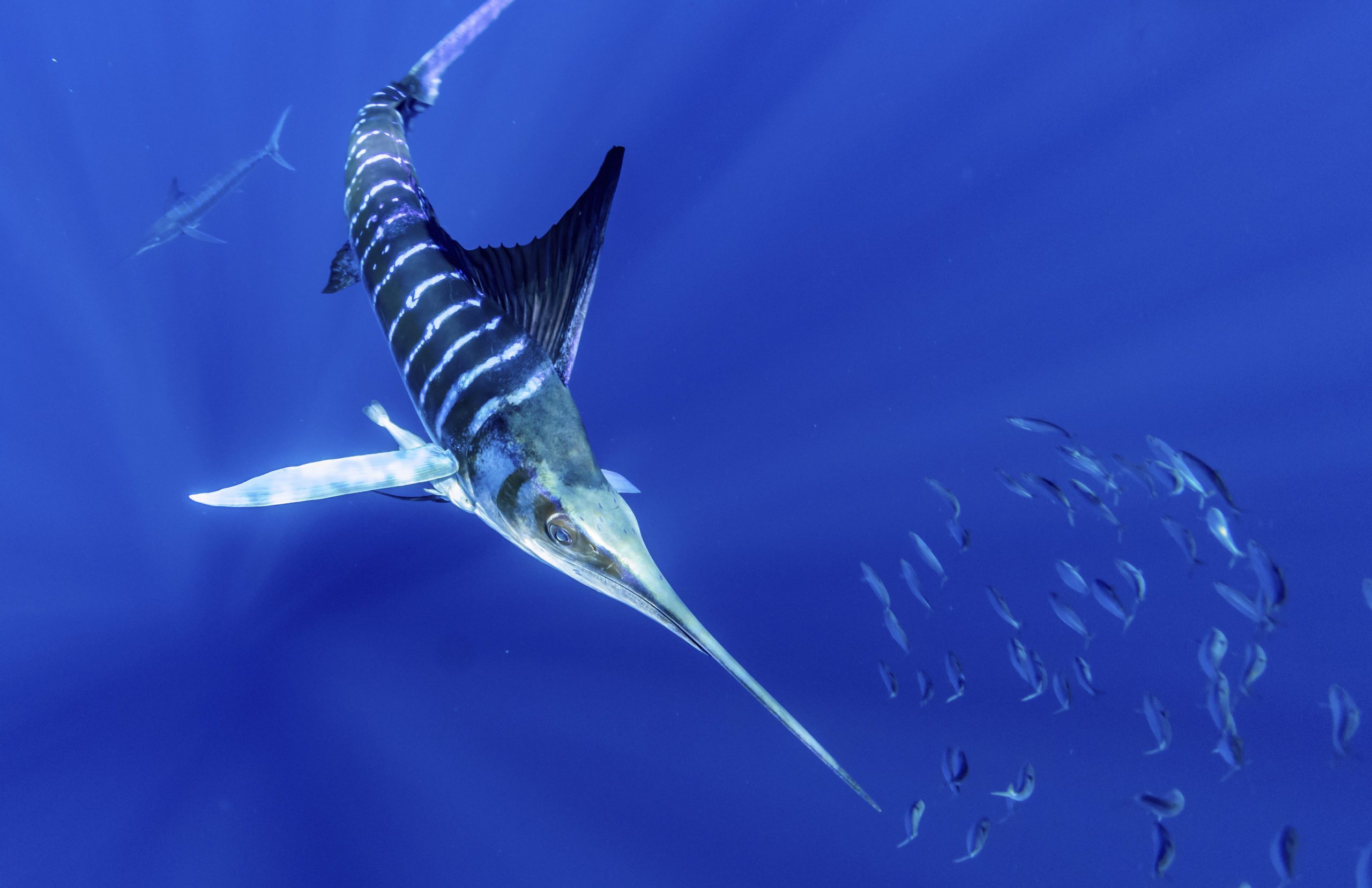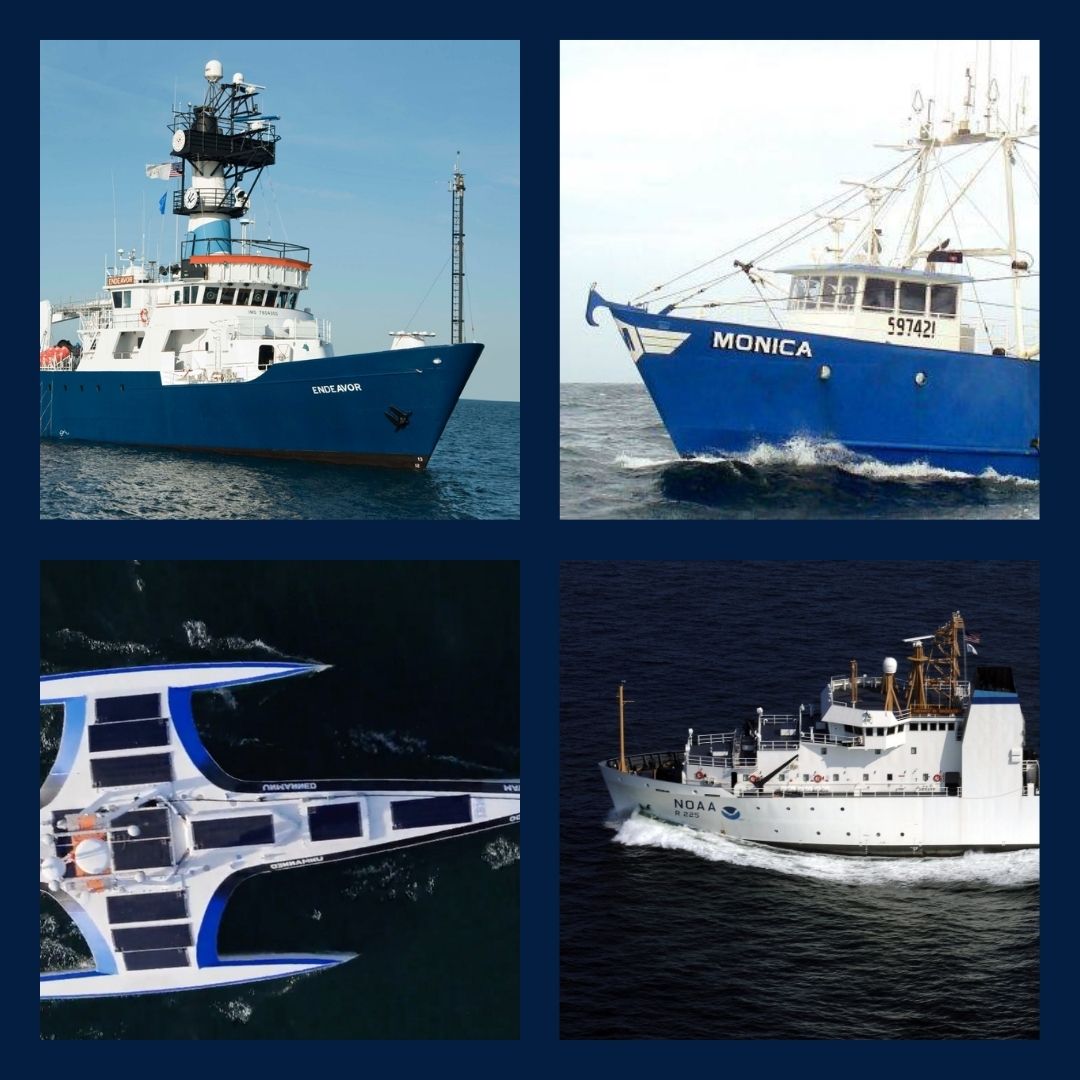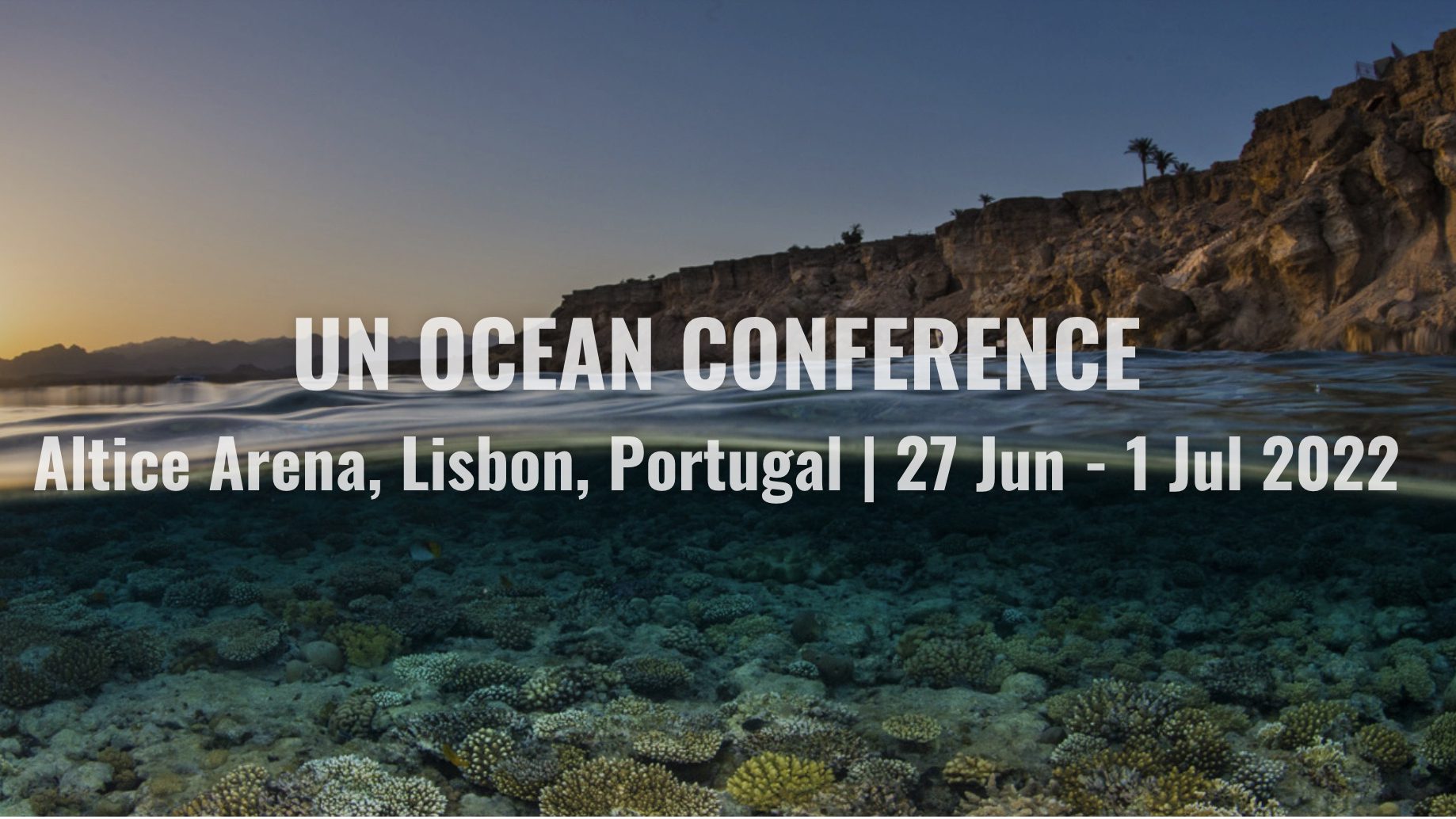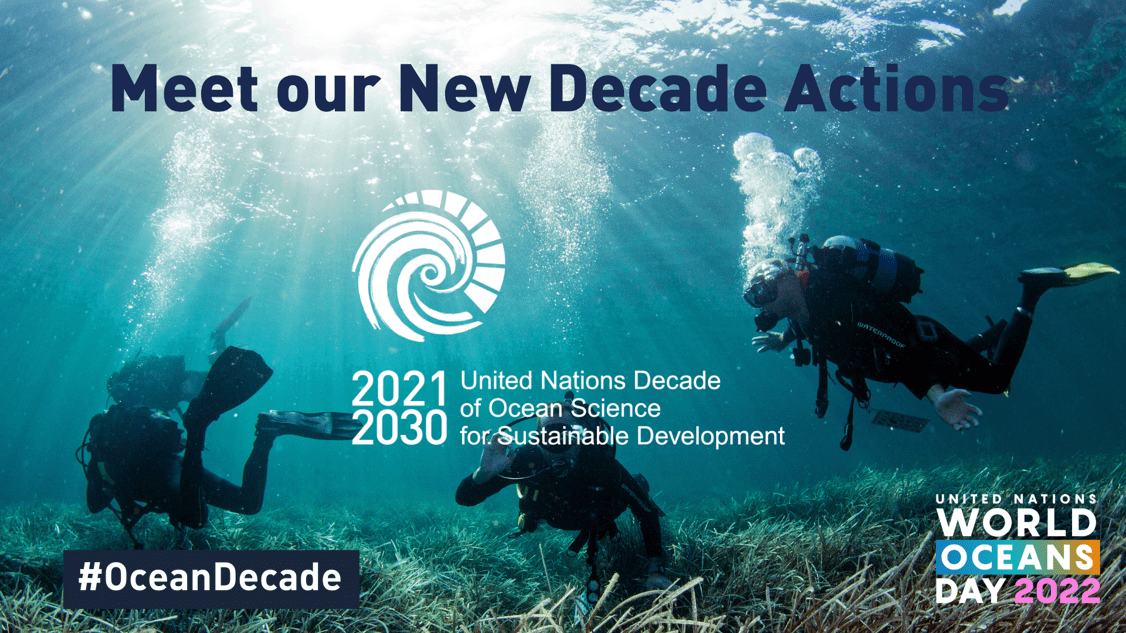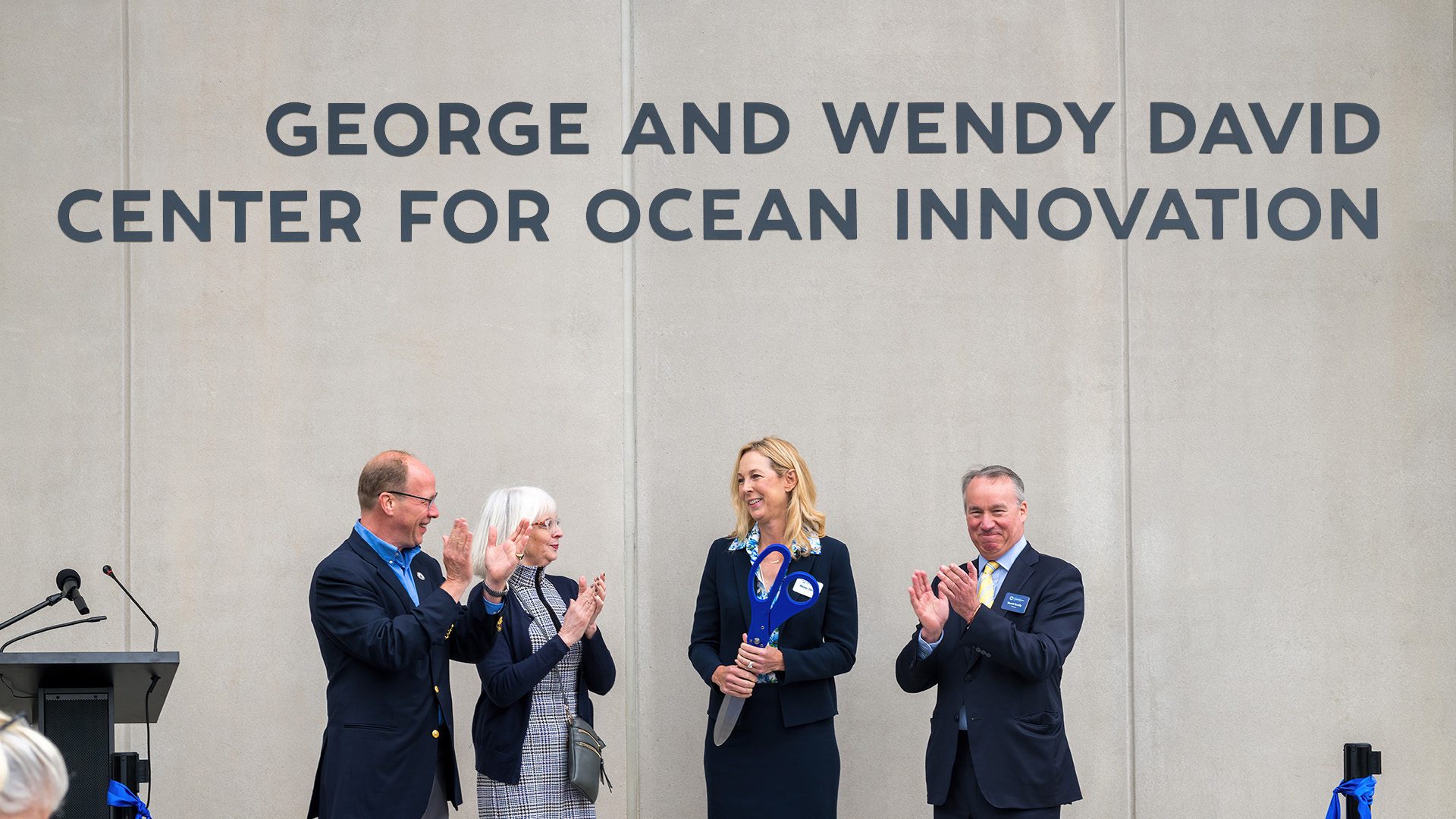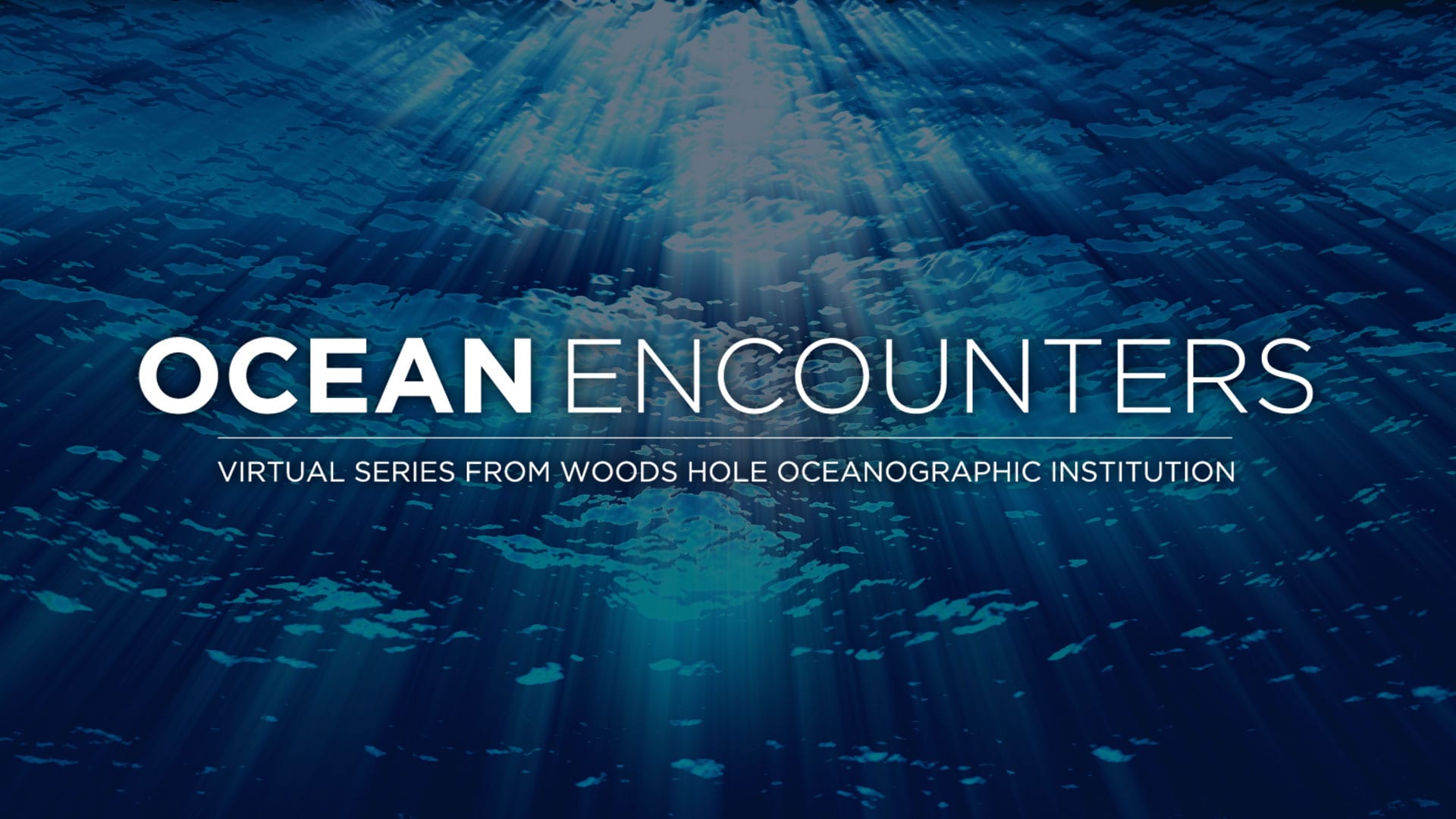News Releases
International research team discovers a potential source of abiotic methane in the Arctic Ocean
A distinctive oceanic core complex releasing hot fluids has been identified at a depth of 2,700 meters on the Arctic Ocean’s floor.
Read MoreThe Ocean Pavilion returns to international climate conference
Leading science institutions and partners highlight ocean–forest interconnection and the ocean’s role in global climate solutions at COP30
Read MoreWoods Hole Oceanographic Institution’s Ken Buesseler receives AGU Honor
Buesseler joins a distinguished group of scientists, leaders and communicators recognized by AGU for advancing science.
Read MoreWHOI announces 2025 Ocean & Climate Outreach Series
WHOI and the Yawkey Foundation bring together scientists and community to look at the impacts of our changing ocean
Read MoreUN-backed global research shows benefits of tracking ocean giants for marine conservation
WHOI researchers part of collaborative, international effort to increase Marine Protected Areas and other strategies
Read MoreScientists from the Woods Hole Oceanographic Institution identify heat-resistant kelp strain
A new strain of kelp can help support sustainable farming
Read MoreOcean leaders renew focus on the sea ahead of UN summit
WHOI and partners pen Baku Declaration, emphasizing the need for ocean observatories to meet climate and biodiversity goals at COP29
Read MoreThe Ocean Pavilion Returns to International Climate Conference for a Third Year
Leading science institutions and partners will make the case for greater inclusion of the ocean at COP29
Read MoreWoods Hole Oceanographic Institution and IFREMER renew their partnership
Dubai, United Arab Emirates – Today, leaders at two of the world’s leading ocean science institutions signed a bilateral Memorandum of Understanding (MOU) extending their working partnership in the exploration,…
Read MoreOcean Pavilion returns to the UN Climate Conference with Call for Ocean Science to Lead Climate Solutions
In year extreme weather events driven by rising marine temperatures, the ocean will take center stage at COP28 in Dubai November 30 – December 12 Woods Hole, Mass. — A…
Read MoreWoods Hole Oceanographic Institution’s Heather Benway Receives AGU Honor
Heather Benway, a senior research specialist at the Woods Hole Oceanographic Institution (WHOI) is the recipient of the 2023 Ocean Science Award from the American Geological Union (AGU).
Read MoreWHOI helps lead groundbreaking study on the human and ocean health impacts of ocean plastics
For the first time, leading researchers from the fields of healthcare, ocean science, and social science have collaborated to quantify plastic’s considerable risks to all life on Earth. The Minderoo-Monaco Commission on Plastics and Human Health report, released today, presents a comprehensive analysis showing plastics as a hazard at every stage of their life cycle.
Read MoreWoods Hole Oceanographic Institution Collaborates with Boston Ballet on New Production Focusing on the Ocean
La Mer will make its world premiere on April 6
Read MoreOcean Observatories Initiative‘s Pioneer Array Relocating to Southern Mid-Atlantic Bight
New location offers opportunities for new science observations with continued open access
Read MoreThe Ocean Pavilion announces schedule of events for COP27
The Ocean Pavilion, the first time the ocean has been a singular focus of a pavilion inside the central “Blue Zone,” will host approximately 60 sessions over the two-week period, Nov. 6-18.
Read MoreWoods Hole Oceanographic Institution Receives $2 million from State for CWATER project
Funding is part of $3 million economic development package secured by Falmouth legislators.
Read MoreWoods Hole Oceanographic Institution Elects New Corporation Members and Chairs at Recent Joint Meetings
The Board of Trustees of Woods Hole Oceanographic Institution (WHOI) recently welcomed five new Corporation Members.
Read MoreFirst ever ocean-focused pavilion in the Blue Zone
Leading ocean science and philanthropic organizations to highlight the global ocean at UN climate conference
Read MoreHow marine predators find food hot spots in open ocean “deserts”
A new study led by scientists at Woods Hole Oceanographic Institution (WHOI) and University of Washington Applied Physics Laboratory (UW APL) finds that marine predators, such as tunas, billfishes and sharks, aggregate in anticyclonic, clockwise-rotating ocean eddies (mobile, coherent bodies of water). As these anticyclonic eddies move throughout the open ocean, the study suggests that the predators are also moving with them, foraging on the high deep-ocean biomass contained within.
Read MoreWoods Hole Oceanographic Institution leads multi-ship study of northwest Atlantic
Partners from National Oceanic and Atmospheric Administration, University of Rhode Island, to study Ocean Twilight Zone Woods Hole, Mass. (August 6, 2022) – Scientists from Woods Hole Oceanographic Institution (WHOI),…
Read MoreWHOI joins world leaders at UN Ocean Conference: June 27 – July 1, Lisbon, Portugal
Thousands of participants from around the world will converge in Lisbon beginning June 27 as part of the 2022 United Nations Ocean Conference. Among them will be representatives from Woods Hole Oceanographic Institution (WHOI), the world’s largest independent organization dedicated exclusively to ocean research, engineering, and education.
Read MoreWHOI-led projects receive UN endorsement as part of Decade of Ocean Science
Four projects led or co-led by Woods Hole Oceanographic Institution (WHOI) scientists were named on World Ocean Day by the United Nations Educational, Scientific and Cultural Organization (UNESCO) to receive Endorsed Action status as part of the UN Decade of Ocean Science for Sustainable Development 2021-2030.
Read MoreInnovation Takes Off at Woods Hole Oceanographic Institution
Woods Hole Oceanographic Institution (WHOI), the world’s largest independent institution specifically focused on ocean science, engineering, and education, today announced the establishment of the George and Wendy David Center for Ocean Innovation, the latest in a series of new initiatives aimed at cementing WHOI’s position as a national leader in ocean innovation and laying the foundation for a future of scientific discoveries, breakthrough technologies, and unparalleled advances on land and at sea.
Read MoreWoods Hole Oceanographic Institution’s “Ocean Encounters” nominated for Webby Award
Woods Hole Oceanographic Institution’s virtual education series, Ocean Encounters, has been nominated for a People’s Voice Webby Award in the Virtual and Remote – Series, Health and Science category, and was also named an honoree in the Virtual and Remote: Best Series category.
Read More
